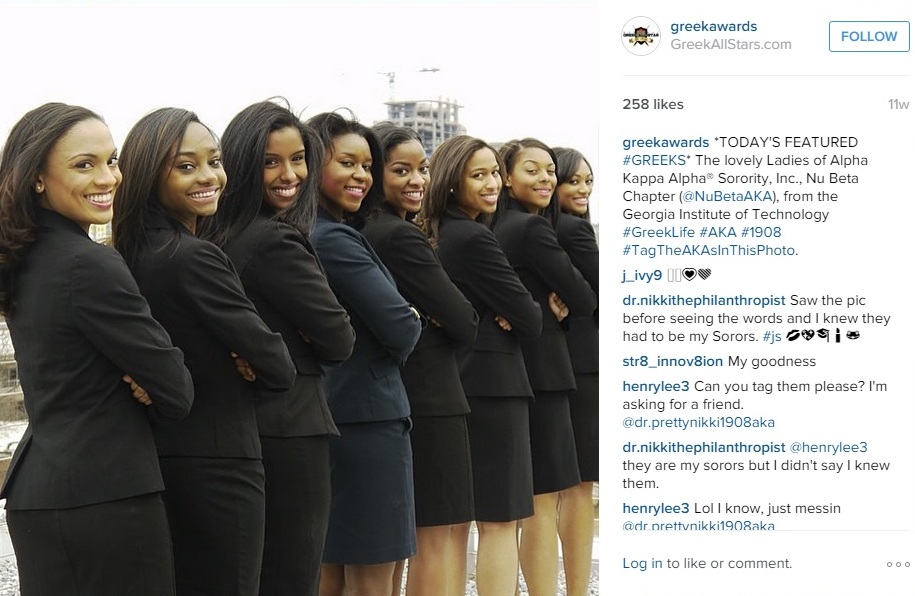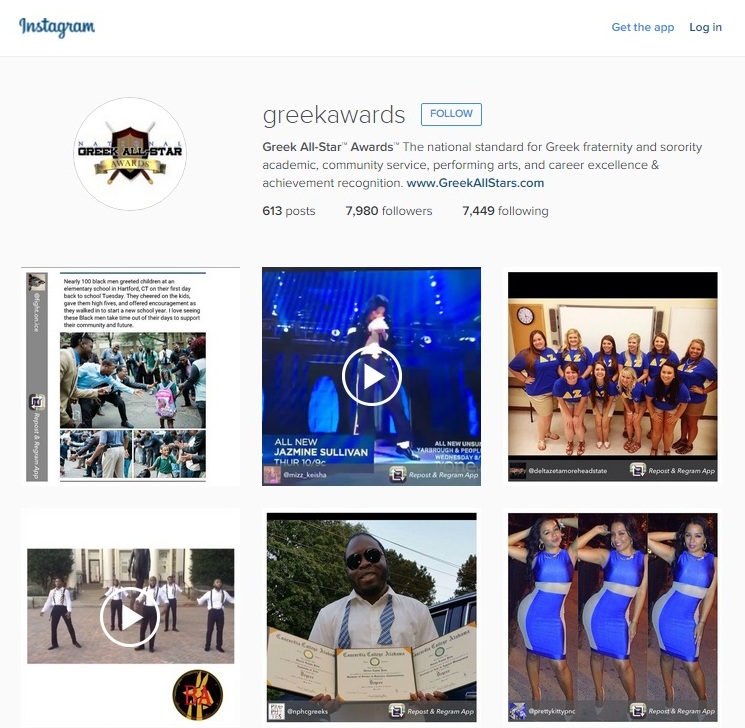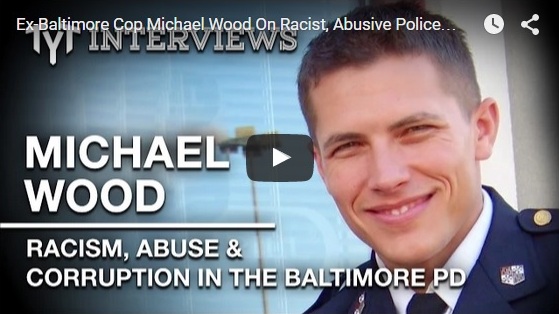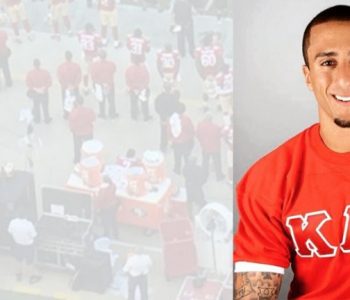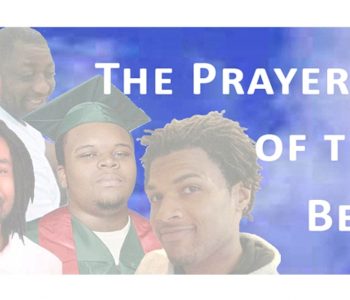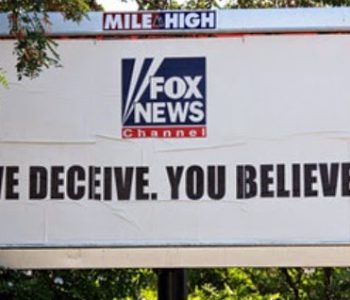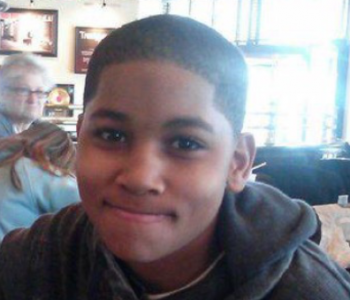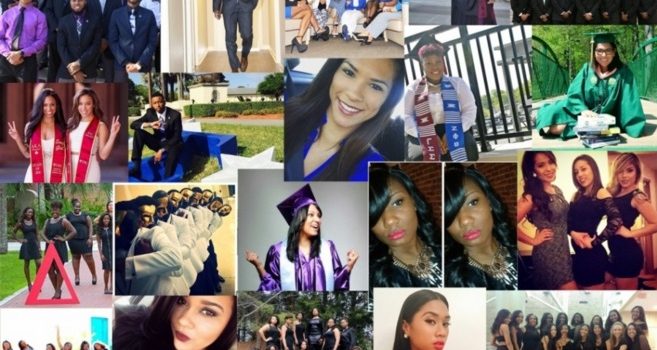 Greek Life
Greek Life
The Eerie Similarities Between ‘Greeks’ and Police
Article #13: Greek Life, Police
As I watch the posts being placed on my company’s social media pages, I began to notice something. At first I thought it was just a fluke, but then I began noticing the repetitiveness of it; a repetitiveness that sparked me to look into it in more depth in order to quench the thirst of my suspicions.
As I dived into the Sherlock Holmes-ess realm of mystery, I was met with the shocking, utterly terrifying truth:
Divine 9 Greek-letter organizations don’t really like ‘liking’ other organizations’ pics.
Ok, so it’s not shocking and utterly terrifying, but it does, based on the evidence, look like the distasteful truth.
Frequently the National Greek All-Star™ Awards™, or GASA, posts what we call “TODAY’S FEATURED #GREEK.” We find or are sent photos that are either formal or community service-based in nature and decide if the photos are a good visual representation of Greek-letter organization members and different aspects of their greatness.
Once we determine so, we schedule them to be featured on our Facebook®, Twitter®, and Instagram® social media pages.
Now, as you may or may not know, there are over 9M Greek-letter organization members in 246 Greek-letter organizations across America, and many of those organizations are under a corporate conglomerate.
What is a corporate conglomerate?
A corporate conglomerate is a company that has a number of different companies that form a whole but remain distinct entities.* In the Greek fraternity and sorority world, there is a group of national Greek-letter organizations nicknamed “The Divine 9.”
All nine (9) organizations are historically African-American-based and are held under and governed by a corporate conglomerate called the National Pan-Hellenic Council, or NPHC.
Now, as a member of both a non-Divine 9 organization (K-K…PSI!) and a Divine 9 organizations (1-1-1-1-9…0000000006!), I find myself laughing at how territorial we in the NPHC can be.
I mean, there are about 237 more Greek-letter organizations, right? Wouldn’t it be fun to get to really know them?
Don’t get me wrong. It’s not just the Divine 9 who are this way. It’s seemingly the whole Greek fraternity and sorority world. However…
…when it comes to this somewhat ‘tribal’ mentality, we have to ask ourselves: Is it a conscious choice or a built-in, automated response setting?
I tend to think it is the latter.
The majority of followers on our Instagram® page are members of the NPHC. As we post photos of the featured Greek-letter organizations or their members, we also repost, through repost apps, non-formal photos, but they are not ‘featured’ photos on our pages.
What I’ve come to find out is that photos of organizations or their members that are not part of the Divine 9, be those photos featured or not featured, average only 38 likes.
Now this excludes Kappa Kappa Psi® N.H.B. Fraternity, Inc. and Tau Beta Sigma® N.H.B. Sorority, Inc. photos (because so many of their members are members of scores of the other 244 Greek-letter organizations) and also graduation photos (because college day nostalgia almost always trumps the territorial mindset).
So what are the average number of likes for the NPHC photos?
Let’s just say that it easily doubles that ’38 likes’ number.
Now people may make the argument that the reason for the large ‘likes’ discrepancy is because NPHC photos might simply have been just better photos, which could definitely contribute to the increased number of ‘likes.’ That argument would be and is demonstrably incorrect.
Remember, the majority of followers on our Instagram® page are members of the NPHC, and what I’ve come to understand is that it is a territorial thing; seeing the ones that are or, at the least, seem just like you and relating to them instantly, but without conscious thought. However…
…when they see a fellow Greek-letter organization member or another Greek-letter organization with which they cannot readily identify, they tend to ‘notice’ the photo, but the contents of the photo don’t hit home enough with them for their brain to generate an action based off of that ‘notice.’
I believe this to be the primary cause, hence the much lower average of ‘likes’ to each of the non-NPHC organization photos. It’s not conscious. It’s ‘unconscious programming.’
This ‘unconscious programming’ is the same problem that I believe is found within the minds of most police officers and the law enforcement system they protect.
-
Just like Greek-letter organizations, police officers are a fraternity. They even have the word fraternity in their name (Fraternal Order of Police).
-
Just like Greek-letter organizations, police officers have letters (F.O.P.).
-
Just like Greek-letter organizations, police officers are a group of individuals who have other duties, but are mainly worried about protecting their own (“Brothers in Blue“).
-
And, just like Greek-letter organizations, African-Americans have a much lower percentage of membership representation in police forces around the country.
African-American police officers make up only 12% of all local police departments. Yet, “…the percentage of whites on the force is more than 30 percentage points higher than in the communities they serve,” based on a governmental survey analysis of hundreds of police departments across America.
What does all of this mean?
It means that the individuals policing the neighborhoods of color are not people of color. This contributes greatly to the ‘decision path’ a police officer may choose to mentally take when encountering someone who does not look like him/her.
A perfect example of this is shown by former police officer named Michael Wood; a Caucasian-American who was shunned by the police in the precinct in which he served due to him reporting police abuse of citizens.
He explained in his interview with The Young Turks® how, when he was in a neighborhood of individuals who looked like him, he thought to himself, “These are the same people as me. I’m not going to mess with these people,” but ‘others’ weren’t so lucky (start at the 1:35 mark of this powerful video below).
Former Police Officer Wood talked about how he would, in essence, protect the lifestyle of the people who looked like him and lived in the same neighborhood as he did, but would arrest ‘the other’ people who didn’t live in his neighborhood and didn’t look like him.
These types of actions have become systematic norms; norms that have slowly bred inherent biases that have repeatedly resulted in savage beatings by the police of ‘the other’ and, in far too many cases, even deaths of unarmed citizens.
Now obviously I’m not equating the horrible abuses of police officers to Greek-life. I am equating a territorial and tribal mindset that permeates throughout both institutions and which I believe to be a detriment not only to the institutions themselves, but to the world that, and the people who, surrounds them. However…
…I believe that we, as Greek-letter organization members, and the police officers, who should be sworn to protect us, can change for the positive.
-
We do not have to see those who are not exactly like us as ‘other.’
-
We do not have to feel like those who do not wear our letters are ‘the competition.’
-
We do not have to act like those who do not dawn our colors are ‘the enemy.’
-
And we do not have to feel like ‘liking’ the ‘others” pics is somehow an affront to our organizational loyalty.
